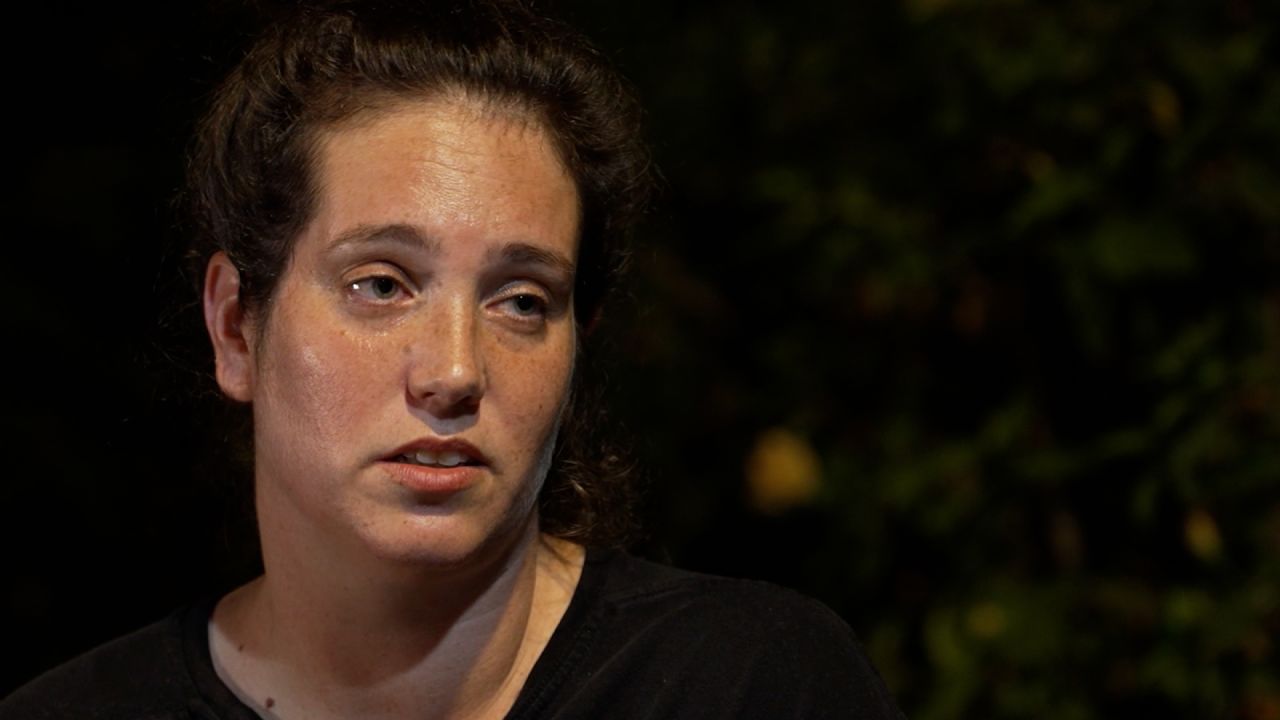CNN reviewed statements by Hamas and others, in addition to state media outlets and other social media posts, to analyze and track the Islamist militant group leader Ismail Haniyeh’s movements since October 7, 2023.
After he celebrated seeing his fighters return to the Gaza Strip with Israeli equipment in Hamas’?office in Istanbul, Turkey?on October 7, Ismail Haniyeh spent the majority of his time in Doha?as head of Hamas’ Political Bureau but took a number of trips to Tehran, Istanbul and Cairo, according to a CNN analysis.
Tehran: Haniyeh took at least four trips to Tehran – in November, March, May and July.?During all four?visits, he met with Iranian Supreme Leader Ali Khamenei.
In May, he attended the funerals of Iranian president Ebrahim Raisi and foreign minister Hossein Amir-Abdollahian, who were killed in a helicopter crash.?
On his final trip to Tehran, which ended with his assassination, he was attending the inauguration of the new Iranian president Masoud Pezeshkian.
Cairo: He also took three known trips to Cairo in November, December and February, to lead?Hamas’ ceasefire negotiating delegation.?That negotiation process, which is still ongoing, has been shepherded by Qatar and Egypt.??
Doha: As war ravaged Gaza, Haniyeh spent the majority of his time in Hamas’ Doha offices.?While there, press statements from Hamas indicate he repeatedly met with a number of foreign dignitaries, gave speeches and held meetings.
Doha is also where Haniyeh issued his first statement after his three sons, and four grandchildren were killed in Gaza by an Israeli airstrike.?In that statement from mid-April, he said that such killings will only make Hamas more steadfast in its principles, adding that Hamas will not surrender, will not compromise, no matter how great the sacrifice.





















































